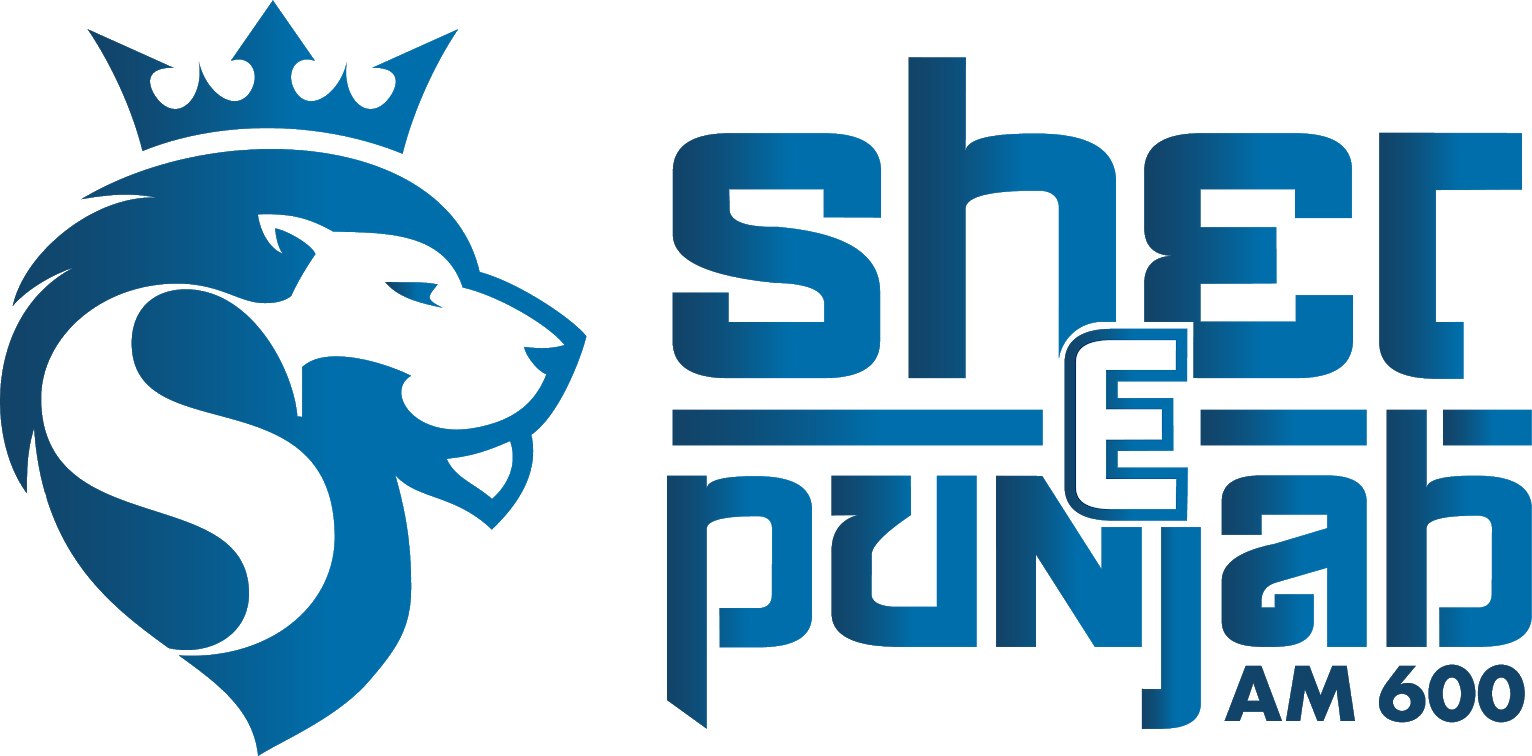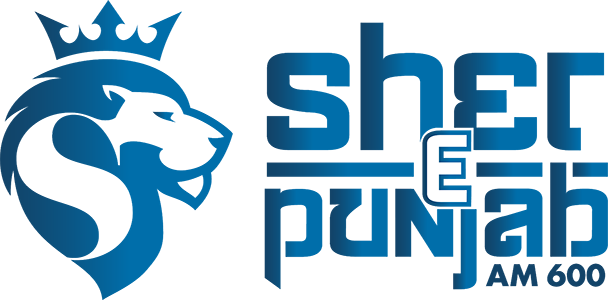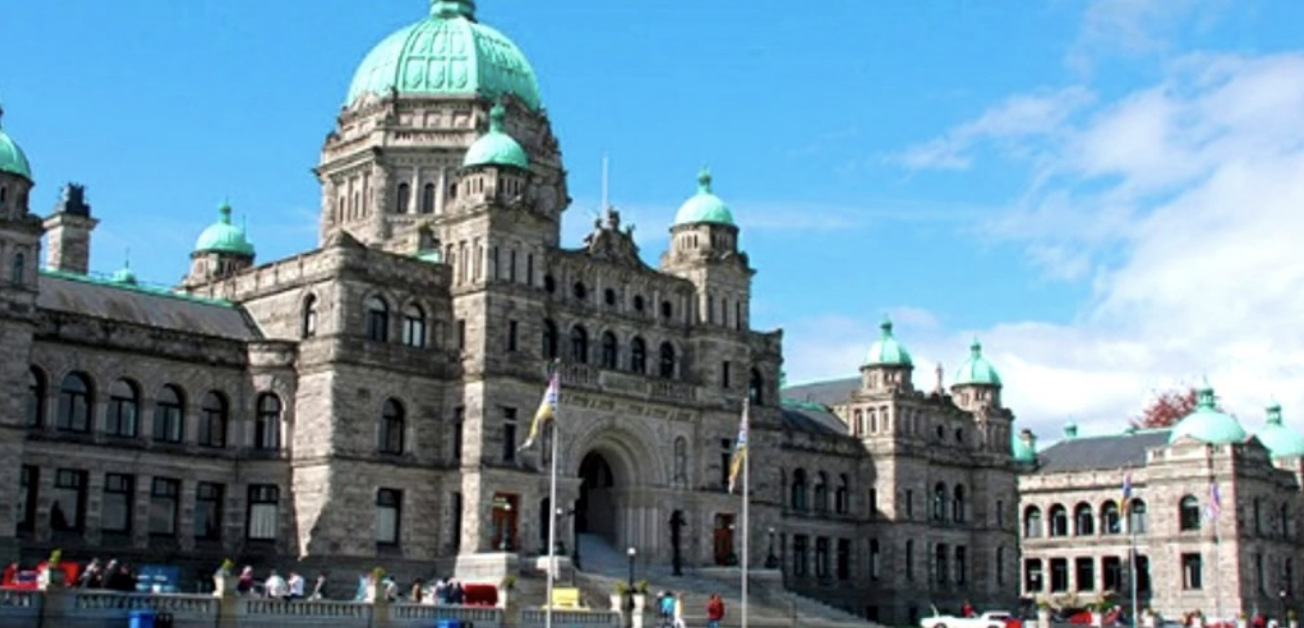First Nations with former Indian Residential School and Indian Hospital sites in or near their communities can now access the B.C. residential school response fund, with the added support of two newly appointed First Nations liaisons.
“I acknowledge the trauma that Indigenous peoples continue to experience as a result of the colonial legacy of residential schools, and I grieve with the families and communities as we grapple with recent findings and the findings yet to come,” said Murray Rankin, Minister of Indigenous Relations and Reconciliation. “We know it’s going to take time, technical resources and emotional and cultural supports to provide what Nations require to navigate this difficult time, and these funds and liaisons are designed to support them in whatever way they need.”
The Province has appointed Charlene Belleau and Lydia Hwitsum as First Nations liaisons, respected leaders who bring the experience, relationships and expertise needed to advance this important work.
“Today, we stand with former students, survivors, intergenerational survivors and their families,” Belleau said. “We are ready to support communities as they do the difficult work of honouring the spirits of the children who never came home. I am pleased to take on this role and support leaders, former students of residential schools and their families in their journey to bring truth, justice and healing.”
The liaisons will support caretaker communities to make connections with provincial and federal agencies, provide advice to the provincial government on activities related to former residential school and hospital sites, and serve as a crucial communications link between communities and the Province.
“This is an important step for B.C. to help support First Nations as we proceed with this important and heartfelt work,” Hwitsum said.
The $12-million fund announced last month to support work at former residential care sites is now open for expressions of interest from caretaker communities – those with former residential school or hospital sites in or near their communities. The Province will fast-track the review of these requests to make sure communities are able to access these resources when they are ready to undertake work at sites. No deadline is attached to the grants, and the Province will partner with communities at each step in their process to ensure funding is flexible, responsive and easy to access.
There were 18 Indian Residential Schools and three Indian Hospitals in the province. Each caretaker community can receive up to $475,000 for each site, as needed, to support it through the steps of planning and carrying out site work.
The funding is for community-led strategies to identify, investigate, document, maintain, protect and/or commemorate sites where remains may be located, as well as to support the well-being of survivors and family members. The funding will be administered in close collaboration with the federal government to make sure communities can access all available resources to support them in this work.
The fund includes up to $2 million to ensure Indigenous service providers and survivor support networks have adequate resources to respond to immediate wellness, cultural and mental health needs of Indigenous peoples in B.C., including First Nations, Métis and those living in urban areas.


